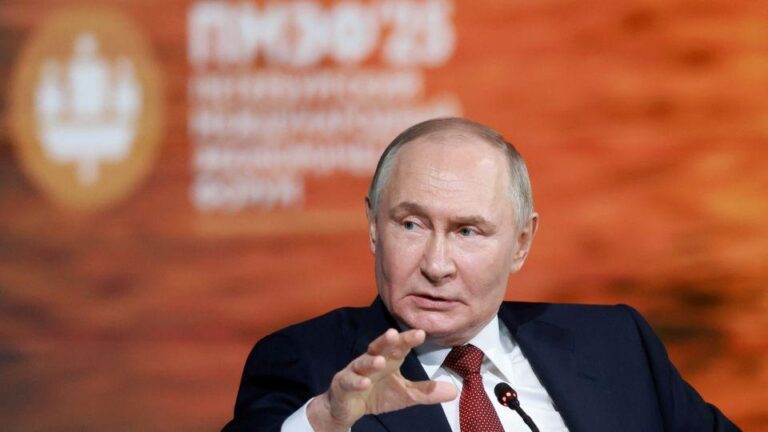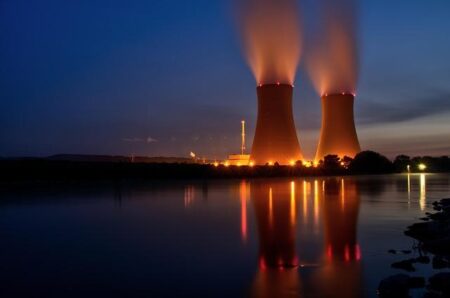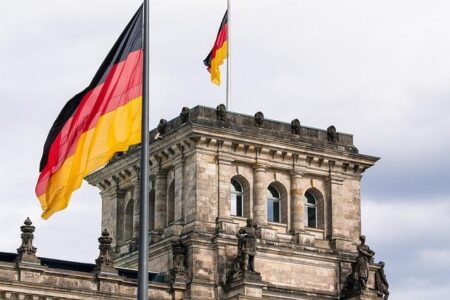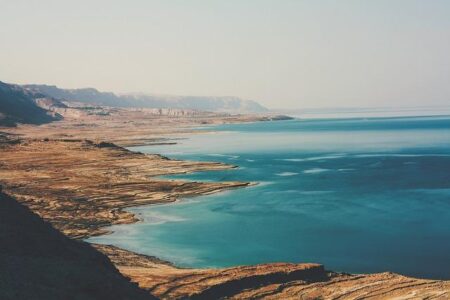Russian President Vladimir Putin has stated that Moscow has informed Israel there is no evidence indicating that Iran is pursuing nuclear weapons, according to a report by Sky News Arabia citing Reuters. This assertion comes amid ongoing international concerns over Iran’s nuclear program and heightened regional tensions. Putin’s comments reflect Russia’s position on the issue and add a significant perspective to the complex dynamics involving Iran, Israel, and global powers.
Putin Asserts No Evidence of Iran Pursuing Nuclear Weapons According to Russia’s Statement to Israel
Russian President Vladimir Putin has publicly emphasized that Moscow has conveyed to Israeli officials there is no concrete evidence suggesting Tehran is actively pursuing nuclear weapons development. This assertion, reported by Sky News Arabia citing Reuters, challenges widespread international concerns over Iran’s nuclear ambitions. Putin underscored the importance of relying on verified intelligence and diplomatic channels rather than speculation, reflecting Russia’s ongoing role as a key mediator in Middle Eastern geopolitics.
- Context: Increased tensions between Israel and Iran have fueled speculation about nuclear intentions.
- Russia’s Position: Advocates for restraint and verification over assumptions.
- Implications: Potential easing of regional diplomatic strains if evidence remains unsubstantiated.
| Aspect | Russia’s Statement | Regional Impact |
|---|---|---|
| Evidence | None confirming nuclear weapons pursuit | Reduces immediate threat perception |
| Diplomatic Tone | Calls for dialogue and verification | Encourages cautious engagement |
| Relations | Maintains communication channels with Israel | Supports stability efforts |
Implications for Middle East Security and Diplomatic Relations
Russia’s assertion that there is no concrete evidence indicating Iran’s pursuit of nuclear weapons adds a complex layer to the already fragile security landscape of the Middle East. This statement, as reported by Sky News Arabia citing Putin, potentially recalibrates the threat perceptions of regional actors, especially Israel, which has historically regarded Iran’s nuclear ambitions as an existential challenge. By positioning itself as a mediator with access to crucial intelligence, Russia could be leveraging its diplomatic influence to shape the regional balance, encouraging dialogue over confrontation.
The implications extend beyond mere military posturing; this development may prompt a reassessment of existing alliances and diplomatic strategies. Key outcomes to consider include:
- Enhanced Russia-Israel communication channels: Increased intelligence sharing could foster a cautious detente.
- Shift in U.S. and Western policies: Washington and its allies might revisit their approach towards Iran nuclear negotiations, balancing Russian narratives.
- Regional power dynamics: Other Middle Eastern states could exploit this ambiguity to advance their own interests or push for renewed diplomatic efforts.
| Stakeholder | Potential Reaction | Security Impact |
|---|---|---|
| Israel | Heightened intelligence collaboration | Reduced immediate threat perception |
| Iran | Diplomatic leverage | Opportunity to ease sanctions pressure |
| Russia | Increased regional influence | Balance of power recalibration |
Recommendations for International Stakeholders to Monitor and Engage Iran’s Nuclear Activities
In light of recent statements from Russian leadership, it is imperative that international stakeholders adopt a multi-faceted and transparent approach when monitoring Iran’s nuclear developments. Continuous intelligence sharing and independent verification through the International Atomic Energy Agency (IAEA) remain vital. While some global actors emphasize diplomatic channels, others advocate for rigorous on-the-ground inspections to preempt any clandestine activities that might contradict public declarations. Collaboration across diplomatic, intelligence, and scientific communities will ensure a comprehensive understanding of Iran’s nuclear ambitions without relying solely on state narratives.
- Enhance technological surveillance: Utilize satellite imagery, environmental sampling, and cyber-intelligence to detect early signs of nuclear weaponization efforts.
- Strengthen diplomatic engagement: Facilitate open communication not only with Iran but also with regional stakeholders to reduce tensions and misinformation.
- Prioritize transparency: Encourage Iran to extend unfettered access to IAEA inspectors and adhere strictly to the Non-Proliferation Treaty (NPT) guidelines.
| Monitoring Strategy | Benefit | Responsible Body |
|---|---|---|
| Satellite Imagery Analysis | Real-time activity tracking | International Observers |
| IAEA On-Site Inspections | Verification of nuclear materials | IAEA |
| Regional Diplomatic Forums | Conflict de-escalation and trust-building | UN & Regional Groups |
In Summary
As tensions continue to simmer in the Middle East, Russia’s statement denying evidence of an Iranian nuclear weapons program adds a complex layer to the ongoing international discourse. While Moscow seeks to position itself as a key interlocutor, the broader geopolitical implications remain uncertain. Observers will be closely watching how this development influences diplomatic efforts and regional stability in the coming weeks.




